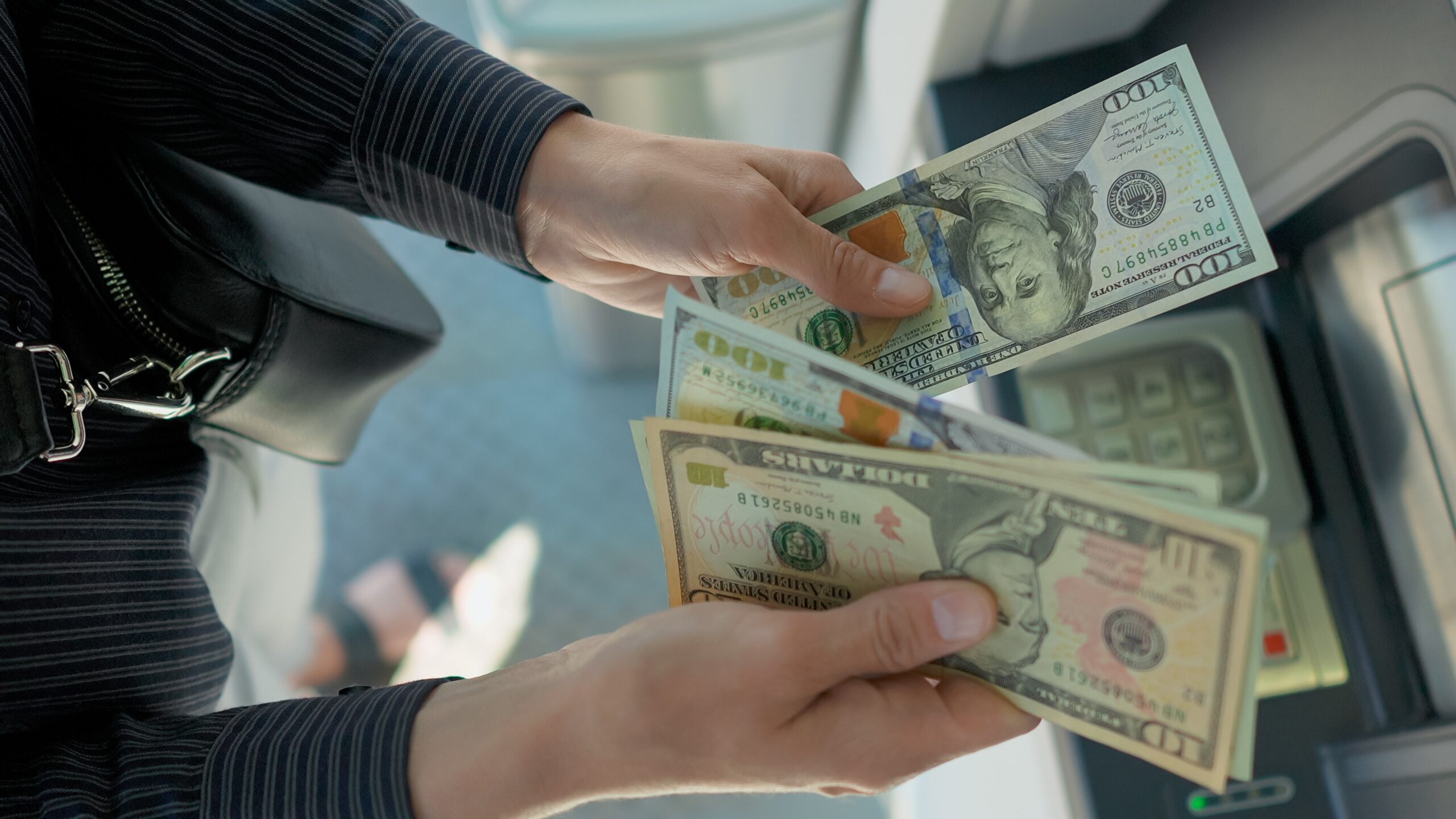Withdrawing a large sum of money from the bank, such as $10,000 or more, is not as simple as going to the ATM.
There are federal regulations that banks must follow to prevent illegal activities such as money laundering.
Knowing these procedures will help you avoid surprises.
Federal Regulations and Reports
Under the Bank Secrecy Act of 1970, banks are required to report any cash transaction exceeding $10,000.
This report is called a Currency Transaction Report (CTR) and is sent to the Financial Crimes Enforcement Network (FinCEN).
While this process is just a formality in most cases, splitting the withdrawal into small amounts to avoid the $10,000 limit could raise unnecessary suspicions.
If you plan to withdraw a large amount, such as $10,000 or more, you may experience some delays.
Bank employees must complete the required paperwork, which can take time.
Additionally, the bank may ask you to verify your identity beyond what you have already provided, especially if your account activity does not typically include transactions of this size.
There may also be daily withdrawal limits on the type of account you hold, which could prevent you from withdrawing the entire amount immediately.
From a financial standpoint, withdrawing $10,000 or more could have practical implications.
If your account falls below the minimum balance required, you may have to pay additional fees or penalties.
You may also lose interest if the funds come from a high-yield savings account.
For example, $10,000 in a savings account with 4.55% interest could generate $1,411.66 in three years, if the interest rate remains constant.
Additionally, if the withdrawal affects your emergency savings, you could be compromising your financial stability, since many experts recommend keeping three to six months of expenses covered in these types of funds.
While withdrawing large amounts of cash is possible, it is important to be aware of federal regulations, potential delays, and financial implications.
Checking with your bank and planning your withdrawal in advance will help you avoid complications.
Continue reading:
–BofA will open more than 165 financial centers for clients to speak with advisors
–Visa is sued by the Department of Justice for monopoly in debit markets
–Avoid falling victim to new ATM scams using Android phones
